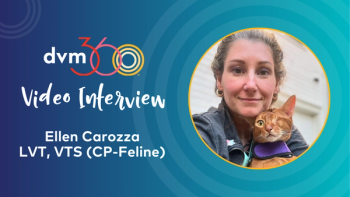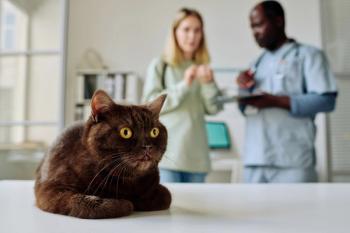
Feline heartworm disease: Why you should be screening for it
You may be surprised to find the incidence of this often-fatal disease is higher than you think-even in your practice.
“You won’t find it if you’re not looking for it.” That’s what Dr. Robert Stannard, owner of Adobe Pet Hospital in Livermore, Calif., and secretary-treasurer for the American Heartworm Society, tells veterinarians when he’s asked about feline heartworm disease.
Dr. Stannard admits that 10 years ago, he wasn’t looking for heartworm disease in cats either. But after hearing a lecture on the topic, he decided to add heartworm antibody testing to his feline junior and senior wellness panels-and the results were surprising.
“In the first year, I had 16 cats test positive,” he says. Since 2004, Dr. Stannard has had three dogs and 39 cats test positive in his practice. And 10 of those cats were strictly housed indoors.
Dr. Stannard uses these findings to encourage clients to test for the disease annually and give their cats year-round preventive—whether they’re housed indoors or outside. “Cats are an easy target for a mosquito that gets inside,” he says. “They’re typically just napping or eating.”
With the availability of all-in-one tests that screen for major feline diseases, such as FIV, FeLV and heartworm disease as well as many options for preventive medication, Dr. Stannard says it’s easy to incorporate these recommendations into your standard-of-care protocols-and potentially reduce the incidence of this often-fatal disease.
To download a client handout on feline heartworm disease, head over to
Newsletter
From exam room tips to practice management insights, get trusted veterinary news delivered straight to your inbox—subscribe to dvm360.




